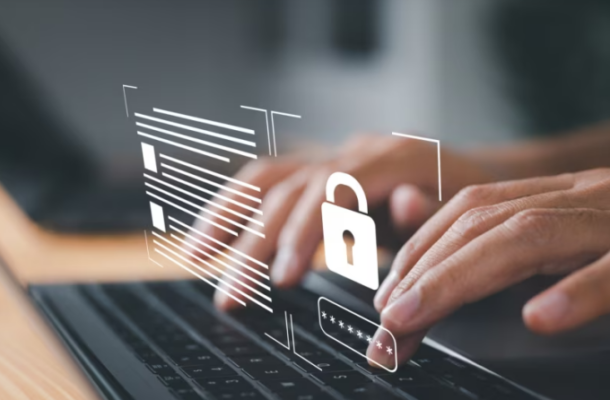Microsoft reports that Iranian hacker group "Cotton Sandstorm" is targeting US election and media websites ahead of the 2024 presidential elections. D
Microsoft reports that Iranian hacker group “Cotton Sandstorm” is targeting US election and media websites ahead of the 2024 presidential elections. Discover more about this cybersecurity threat.
Introduction
As the US prepares for the highly anticipated November elections, a new cybersecurity threat has emerged. According to a report by Microsoft, an Iranian hacker group, codenamed “Cotton Sandstorm,” is believed to be actively targeting US election websites and media outlets. With the group allegedly linked to Iran’s Islamic Revolutionary Guard Corps (IRGC), concerns over potential election interference have resurfaced, recalling incidents from previous election cycles.
Iranian Hackers and US Elections: A Growing Threat?
Microsoft’s latest blog post reveals that “Cotton Sandstorm,” a hacking group with ties to Iran, is engaging in cyber reconnaissance activities aimed at several US election-related websites in key battleground states. These activities appear to be part of a broader campaign to disrupt or influence the upcoming November 5 presidential election, where Vice President Kamala Harris is set to face off against former President Donald Trump.
The hackers have reportedly been monitoring these websites, possibly in preparation for more significant cyber operations as election day approaches. According to Microsoft, these activities suggest the group may be planning “direct influence operations” aimed at sowing confusion or disinformation.
In addition to targeting election websites, the group has also scanned vulnerabilities in an unidentified US media outlet, raising concerns about potential cyberattacks on media organizations during the election period.
“Cotton Sandstorm” and Past Election Interference
Microsoft’s findings are particularly alarming given the group’s history of cyber interference in US elections. In 2020, “Cotton Sandstorm”—posing as members of the far-right group “Proud Boys”—launched a campaign aimed at influencing voters in Florida. Thousands of threatening emails were sent to residents, falsely demanding they vote for Donald Trump. The group also released a video showing alleged efforts to tamper with election systems, though officials later confirmed that no individual voting systems were compromised.
Microsoft researchers warn that “Cotton Sandstorm” is likely to ramp up its activities as election day nears, noting that the group has a track record of inciting chaos and distrust in the democratic process. This poses a significant threat to election security and the integrity of the democratic system in the US.
Iran’s Denial of Interference
In response to these allegations, a spokesperson for Iran’s mission to the United Nations rejected the accusations, stating that Iran has “no motive and no intention to interfere in the American elections.” However, US officials remain on high alert, particularly given the group’s history and the broader geopolitical tensions between the two nations.
Microsoft’s report also highlights concerns about the broader role of foreign actors—namely Russia, Iran, and China—seeking to undermine American democracy. According to the Office of the Director of National Intelligence, these countries are determined to divide the American public and weaken trust in democratic institutions.
Conclusion: A Renewed Focus on Election Security
As the 2024 election approaches, the risk of foreign interference has once again become a pressing issue. With Microsoft sounding the alarm about the activities of “Cotton Sandstorm,” election officials and cybersecurity experts are working to strengthen defenses against potential threats. The focus now is on ensuring that the upcoming election remains free from external influence and that public trust in the democratic process is preserved.
Only time will tell whether these preventive efforts will be enough to ward off interference, but the stakes are undoubtedly high as the nation heads toward another pivotal election.

COMMENTS